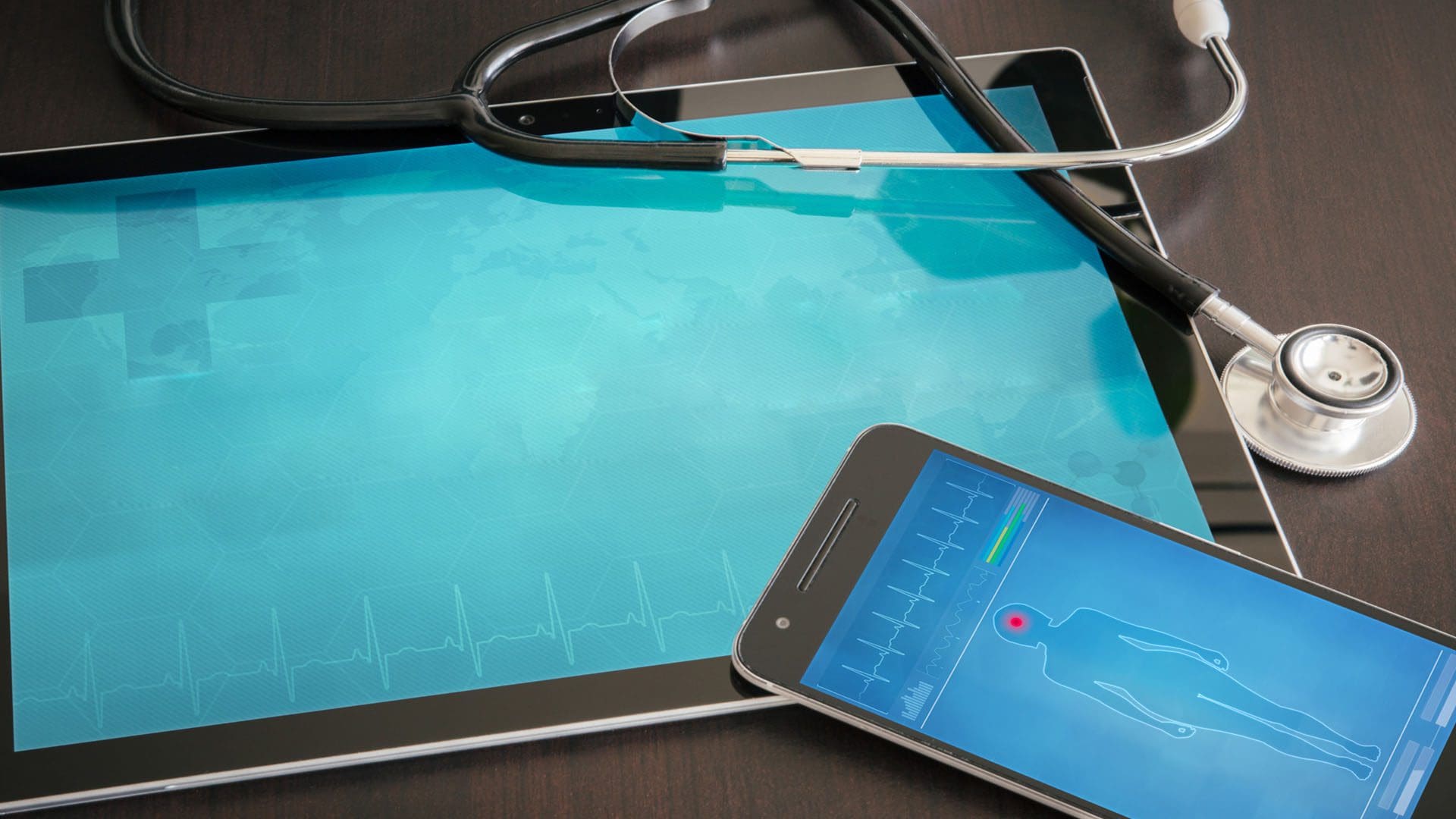Dealing With Chronic Back Pain That Is Stressing You Out El Paso, TX.
When dealing with back pain, it’s not just the pain that has to be dealt with. It is stress, anxiety, and depression that can make coping even harder. Learn how to manage pain and mental health. Dealing with chronic back pain is difficult for anyone.
All-around mental distress can exacerbate pain and worsen the stress you are already experiencing creating a vicious cycle. There are treatments available for mental health and chronic back pain that can help get a handle on both at the same time. What you should know about the connection, along with the therapies that can help.

Table of Contents
Dealing with Chronic Back Pain and Mental Health
Back pain is very common and it is estimated that about 90% of Americans will experience back pain. A small portion will develop chronic back pain or pain that continues more than 12 weeks. Chronic back pain can be caused by a variety of medical problems. Injuries to illness are all are pathways to chronic pain. Pain is different for everyone, depending on the cause, the area affected and the individual. For some, the pain might feel like a mild, persistent ache. While others, the pain could be a continual throbbing.
One factor of chronic back pain is the emotional response that happens when it presents. If you stress or fixate on the pain, you are perceiving it to be much worse. This can lead to more stress, and:
- Anxiety
- Appetite changes
- Depression
- Fatigue
- Mood swings
- Sleep issues
These problems then feedback into the pain and together significantly affect relationships, work, ability to function and your quality of life. The single step to take is to reach out to a doctor. They can check for mental health issues, begin treatment for your psychological/physical issues and refer you to specialists.
Therapy

There are many approaches to treating chronic back pain and the psychological issues that come with it. Not every treatment regimen works for everybody. The best approach is usually a combination of techniques. Psychotherapy, specifically the talking therapy can help treat both physical and emotional pain. One of the most-researched forms is cognitive-behavioral therapy (CBT).
During a session, you learn how to identify negative reactions and work to change them into positive thoughts and actions. The idea is to alter the initial response to better manage how the pain affects you. This therapy is directed by a therapist and can be done individually or in a group.
Medication
For many medications are an effective way to manage mental health issues and some can help relieve the pain itself.
While these drugs can be helpful, many can come with side effects. Antidepressants can cause:
- Blurry vision
- Drowsiness
- Dizziness
- Bathroom issues
Pain Rehabilitation
Chronic pain rehabilitation programs are another option. With rehab, a team of doctors/physical therapists from different areas of medicine, work together addressing the medical, physical and mental issues that come with the pain. Every treatment program is customized to the patient, and while treatments are usually conducted at a medical clinic, they can also be done online.
Pain rehab includes:
- Addressing any underlying conditions
- Improving physical function
- Reducing reliance on pain medication
- Helping you cope with stress, anxiety, and more

Integrative Health
Alternative health approaches can help control back pain and ease the mind. Research has shown that certain alternative practices do work to relieve pain. There is evidence that the following therapies can help reduce chronic back pain, according to the National Center for Complementary and Integrative Health:
- Acupuncture
- Chiropractic
- Low-level laser therapy
- Mindfulness-based stress breathing exercises and imagery
- Muscle relaxation
- Tai chi
- Yoga
Other treatments
Electromyography biofeedback is a therapy where low-level electric signals are used to help gain control over muscle movement. Some patients find journaling, massage, prayer and other relaxation techniques to be helpful in coping. Speak with your doctor if you have questions or health issues before beginning complementary treatments.
Lifestyle
A most effective and widely recommended method for relieving stress, anxiety, depression and chronic pain improving physical function is regular exercise and a healthy diet.
Low-impact workouts like:
- Stretching
- Walking
- Swimming
- Yoga
These all are helpful for people with chronic back issues. Talk with a doctor about physical exercises that are safe. Proper sleep can help, like poor sleep and sleep deprivation increase stress, which leads to more pain. Adults should go for 7 to 9 hours regularly, according to the National Sleep Foundation. Wake up and go to bed at the same time every night and turn off electronic devices.

Eating healthy can boost mood and help relieve back pain by promoting weight loss. Enjoy complete meals full of lean proteins, whole grains, and vegetables while limiting the intake of processed foods, added sugars, and saturated fats. Avoid excess alcohol and smoking, as both are linked to chronic back pain. Learning and dealing with chronic back pain along with re-searching successful treatment options can be a long and frustrating process. Understanding the condition and cutting yourself plenty of slack can go a long way to helping you feel better.
Depression and Chronic Pain
NCBI Resources
Post Disclaimer
Professional Scope of Practice *
The information on this blog site is not intended to replace a one-on-one relationship with a qualified healthcare professional or licensed physician and is not medical advice. We encourage you to make healthcare decisions based on your research and partnership with a qualified healthcare professional.
Blog Information & Scope Discussions
Welcome to El Paso's Premier Wellness and Injury Care Clinic & Wellness Blog, where Dr. Alex Jimenez, DC, FNP-C, a board-certified Family Practice Nurse Practitioner (FNP-BC) and Chiropractor (DC), presents insights on how our team is dedicated to holistic healing and personalized care. Our practice aligns with evidence-based treatment protocols inspired by integrative medicine principles, similar to those found on this site and our family practice-based chiromed.com site, focusing on restoring health naturally for patients of all ages.
Our areas of chiropractic practice include Wellness & Nutrition, Chronic Pain, Personal Injury, Auto Accident Care, Work Injuries, Back Injury, Low Back Pain, Neck Pain, Migraine Headaches, Sports Injuries, Severe Sciatica, Scoliosis, Complex Herniated Discs, Fibromyalgia, Chronic Pain, Complex Injuries, Stress Management, Functional Medicine Treatments, and in-scope care protocols.
Our information scope is limited to chiropractic, musculoskeletal, physical medicine, wellness, contributing etiological viscerosomatic disturbances within clinical presentations, associated somato-visceral reflex clinical dynamics, subluxation complexes, sensitive health issues, and functional medicine articles, topics, and discussions.
We provide and present clinical collaboration with specialists from various disciplines. Each specialist is governed by their professional scope of practice and their jurisdiction of licensure. We use functional health & wellness protocols to treat and support care for the injuries or disorders of the musculoskeletal system.
Our videos, posts, topics, subjects, and insights cover clinical matters and issues that relate to and directly or indirectly support our clinical scope of practice.*
Our office has made a reasonable effort to provide supportive citations and has identified relevant research studies that support our posts. We provide copies of supporting research studies available to regulatory boards and the public upon request.
We understand that we cover matters that require an additional explanation of how they may assist in a particular care plan or treatment protocol; therefore, to discuss the subject matter above further, please feel free to ask Dr. Alex Jimenez, DC, APRN, FNP-BC, or contact us at 915-850-0900.
We are here to help you and your family.
Blessings
Dr. Alex Jimenez DC, MSACP, APRN, FNP-BC*, CCST, IFMCP, CFMP, ATN
email: [email protected]
Licensed as a Doctor of Chiropractic (DC) in Texas & New Mexico*
Texas DC License # TX5807
New Mexico DC License # NM-DC2182
Licensed as a Registered Nurse (RN*) in Texas & Multistate
Texas RN License # 1191402
ANCC FNP-BC: Board Certified Nurse Practitioner*
Compact Status: Multi-State License: Authorized to Practice in 40 States*
Graduate with Honors: ICHS: MSN-FNP (Family Nurse Practitioner Program)
Degree Granted. Master's in Family Practice MSN Diploma (Cum Laude)
Dr. Alex Jimenez, DC, APRN, FNP-BC*, CFMP, IFMCP, ATN, CCST
My Digital Business Card



Comments are closed.